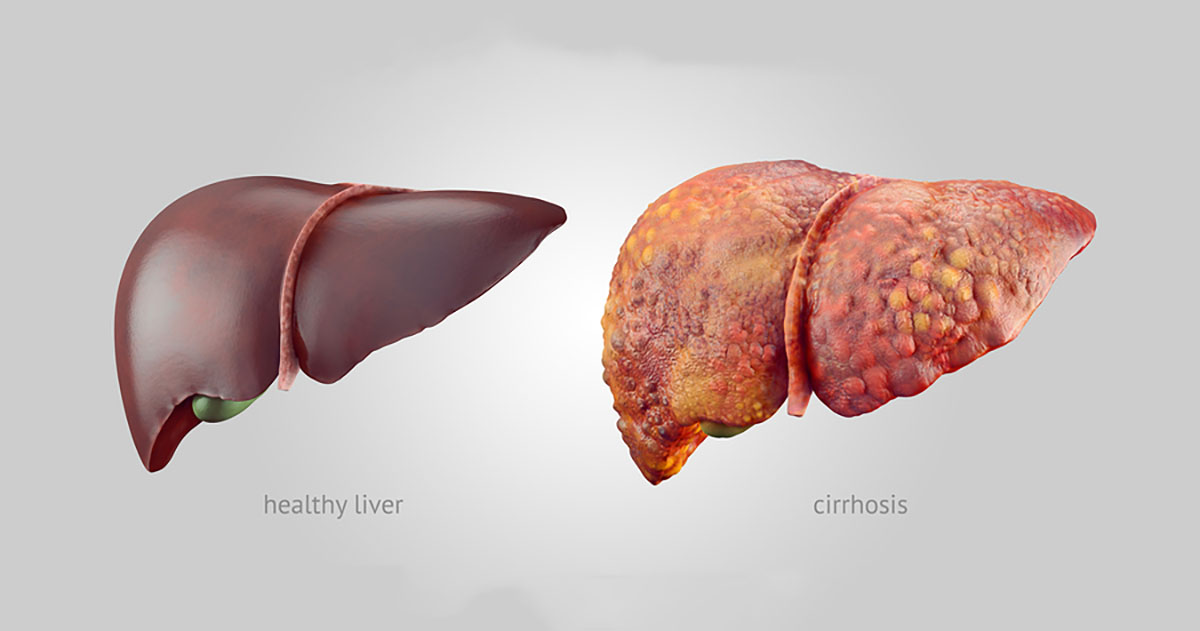What Causes Hypervolemia?
Hypervolemia, which is also known as fluid overload, is a blood condition characterized by an excess of fluid in the body. When the body contains too much sodium, it retains water in an attempt to compensate. Though mild versions are usually treatable if caught early, hypervolemia typically occurs as a result of some other underlying health problem and should be investigated thoroughly. The condition comes about due to qutie a few different factors, from diseases to lifestyle choices. Get to know some of the major causes now.
Cirrhosis

Cirrhosis affects the liver's ability to filter toxins and process and store nutrients. Liver problems, in general, tend to cause the body to retain fluid in both the abdominal cavity and the extremities, such as the hands and feet. Cirrhosis of the liver is most commonly associated with long-term, excessive alcohol consumption or hepatitis. When the liver is damaged, and thus unable to function properly, the fluid filtration system cannot cope with the body's demands. Maintaining proper sodium balance in the blood is one of the most crucial functions of this filtration system. When a person damages the liver, sodium filtration and storage is one of the first elements to be tampered with.
Kidney Failure

The kidneys play another critical role in filtering toxins and nutrients in the body. As such, they are critical in regulating the amount of sodium and fluids present in the body and blood. Individuals with kidney failure are thus at a high risk of developing hypervolemia. Patients hospitalized for kidney failure are typically closely monitored for rising fluid levels, as they are more susceptible to developing the associated condition. Diabetes and other metabolic disorders are also known to contribute to kidney problems, so monitoring these individuals for symptoms of hypervolemia is also practiced across the medical community.
